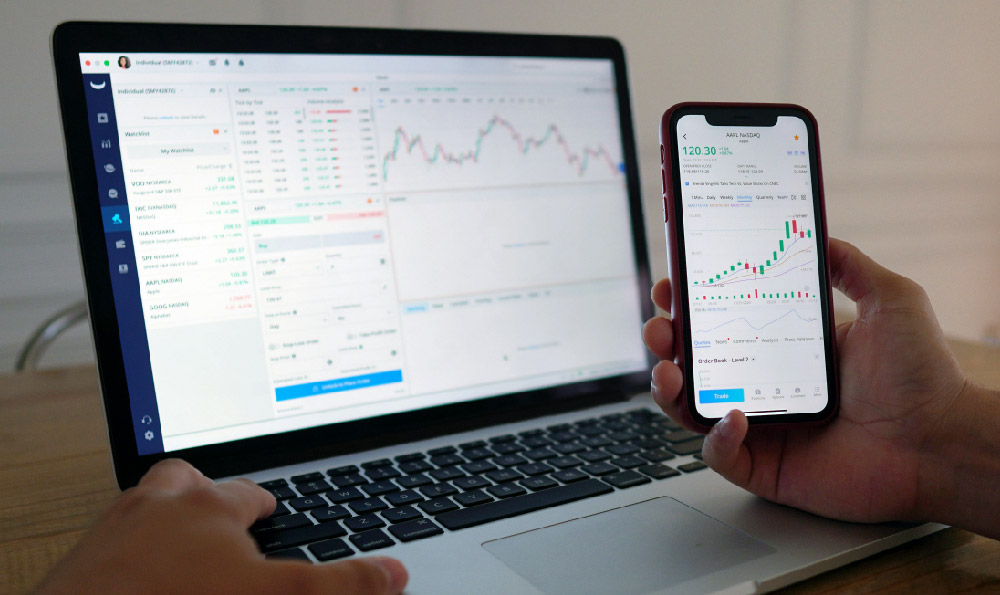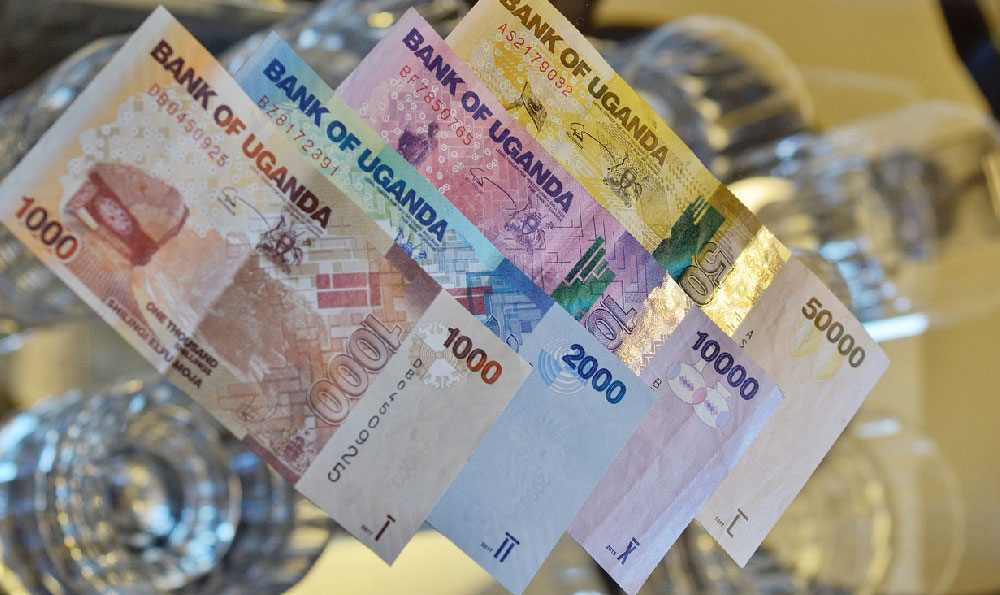Okay, here's an article that delves into Dave Portnoy's wealth-building journey and the sources of his income. I've aimed for a narrative flow, avoiding excessive bullet points and overly structured phrasing, while maintaining clarity and providing a reasonably detailed picture.
From Pizza Reviews to Trading Screams: Unpacking the Portnoy Fortune
Dave Portnoy, the name synonymous with Barstool Sports, isn't just a media personality known for his pizza reviews and often-outspoken opinions. He's also a shrewd businessman who has built a substantial fortune, navigating a landscape of media, gambling, and investment with a blend of calculated risk and unapologetic self-promotion. Understanding his wealth requires dissecting the various revenue streams he's cultivated and the strategic decisions that have fueled his ascent.

Portnoy's financial bedrock is undoubtedly Barstool Sports. What began as a Boston-based print publication focused on sports gambling and fantasy sports has morphed into a digital empire with a massive following. Early revenue came from advertising in the print publication, but the shift to online content proved transformative. Barstool's website and social media platforms generate significant income through advertising partnerships, merchandise sales (think t-shirts emblazoned with catchphrases), and, increasingly, through affiliate marketing – earning commissions by promoting various products and services.
The key to Barstool's success, and subsequently Portnoy's wealth, lies in its deeply engaged and loyal audience, often referred to as "Stoolies." This passionate fanbase is crucial to the business model. They eagerly consume Barstool's content, purchase merchandise, and participate in the various promotions and contests. This strong community, built through years of consistent content creation and a distinctive brand voice, allows Barstool to command premium advertising rates and drive significant sales.
A pivotal moment in Portnoy's wealth accumulation occurred when The Chernin Group, a media investment firm led by Peter Chernin, acquired a majority stake in Barstool Sports in 2016. This investment infused significant capital into the company, allowing for expansion, talent acquisition, and further development of the brand. While the exact financial details of the deal were never publicly disclosed, it's reasonable to assume that Portnoy, as the founder and face of Barstool, received a substantial payout as part of the acquisition. He retained a significant portion of the company, allowing him to continue to profit from Barstool's growth.
Then came the even larger acquisition in 2020, when Penn National Gaming, a major casino and racetrack operator, acquired a 36% stake in Barstool Sports for $163 million, valuing the company at $450 million. This further cemented Portnoy's wealth. This deal positioned Barstool to capitalize on the burgeoning online sports betting market. Penn National's expertise in the gambling industry, coupled with Barstool's massive and engaged sports fan base, created a potent combination. The Barstool Sportsbook app, promoted heavily by Portnoy and other Barstool personalities, quickly gained traction and contributed significantly to both Barstool's and Penn National's revenues. This again saw Portnoy both able to sell a portion of the company for immense gain while still retaining a significant stake.
The narrative shifted once more in 2023 when Penn National Gaming divested itself of Barstool Sports, selling the company back to Portnoy for a nominal fee of $1. Despite this surprising move, Portnoy's wealth likely wasn't significantly impacted. The deal allowed him to regain full control of the Barstool brand, and the freedom to pursue new opportunities independent of the larger gaming corporation. While the stock market may have seen Barstool's previous affiliation with Penn National as beneficial, and thus resulted in a drop of value, the intrinsic value of Barstool, particularly when leveraged correctly with its community base, remained high.
Beyond Barstool, Portnoy has dabbled in other ventures, although his investments are often intertwined with his personal brand. He is well known for his aggressive foray into day trading, particularly during the COVID-19 pandemic. While his trading strategy, often characterized by high-risk bets and impulsive decisions, generated significant media attention, it's difficult to ascertain the exact impact on his overall wealth. He has been open about both his wins and losses, and he presents his trading primarily as entertainment for his followers. It's likely that the promotional value derived from his trading activities – driving traffic to Barstool and generating engagement – is as significant as any direct financial gains.
Moreover, Portnoy generates income from various other sources, including sponsorships, personal appearances, and potentially from investments in other private companies. He leverages his personal brand to endorse products and services, commanding high fees for his endorsements. He also makes regular appearances at events and conferences, further solidifying his brand and generating additional revenue.
In conclusion, Dave Portnoy's wealth is not solely derived from one single source, but rather a complex ecosystem of interconnected revenue streams, all built upon the foundation of Barstool Sports. The company's success, fueled by a loyal fanbase and strategic partnerships, has been the primary driver of his wealth. While his forays into day trading and other ventures add to the picture, it's the Barstool empire that remains the cornerstone of his financial success. His ability to build a brand, cultivate a dedicated audience, and capitalize on emerging trends has allowed him to amass a considerable fortune and maintain a prominent position in the media and business landscape. His story is a testament to the power of building a strong brand identity and knowing how to leverage that identity for both profit and influence.











